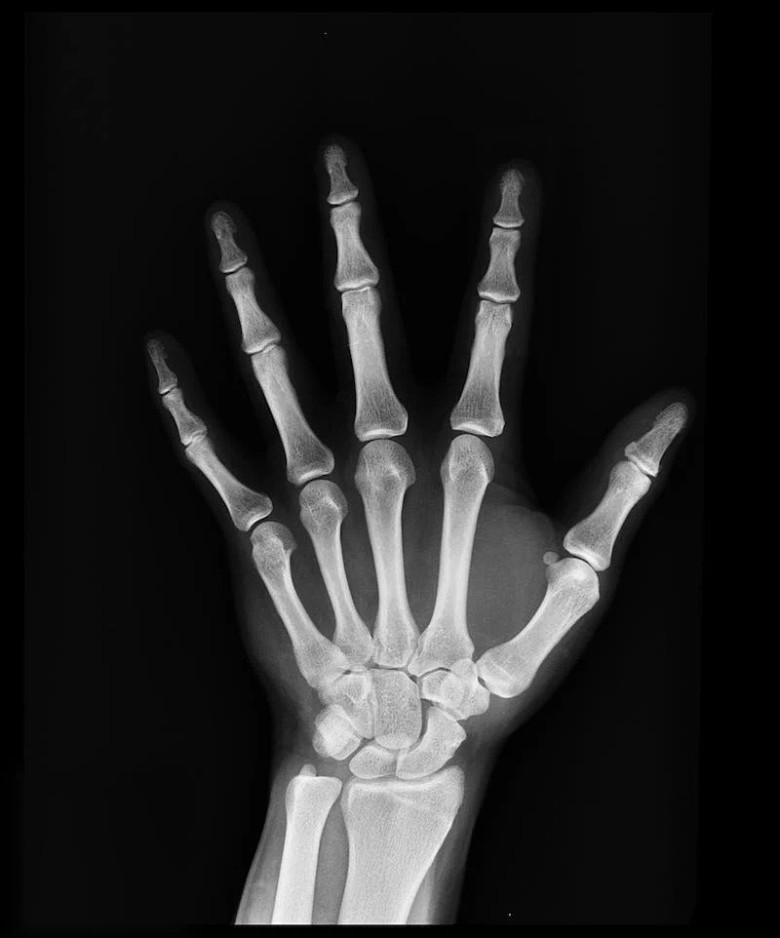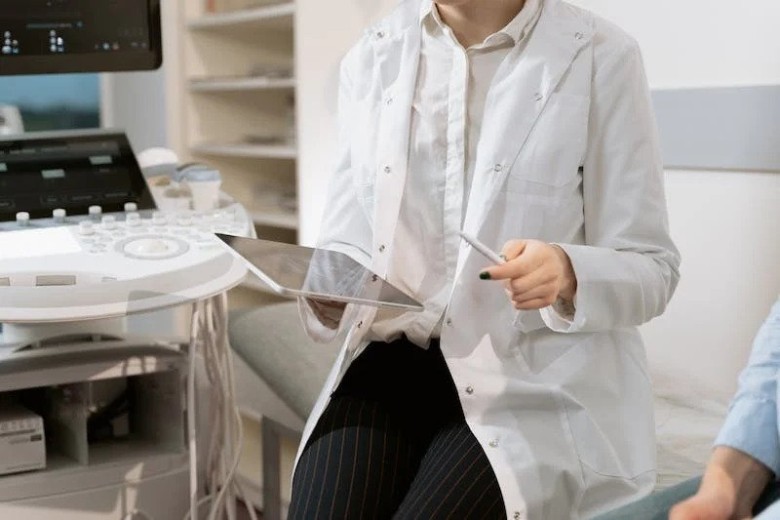views

As women enter their 50s, they often experience a significant shift in their health and well-being. This stage of life, known as perimenopause and menopause, brings about various hormonal changes that can impact both physical and mental health. Additionally, women in their 50s may face an increased risk of certain health conditions due to aging and lifestyle factors. Understanding the most common health issues that women face during this phase is crucial for proactive management and maintaining a high quality of life. Therefore, here are some of the most prevalent health concerns that women in their 50s may encounter, ranging from hormonal imbalances to chronic diseases, and provide insights into prevention, management, and seeking appropriate medical care.

Hormonal imbalances and menopause symptoms
Hormonal imbalances brought on by perimenopause and menopause are one of the main health difficulties women encounter in their fifties. Symptoms caused by fluctuating levels of estrogen and progesterone can include hot flashes and night sweats - the latter can be so severe that they prevent women from falling asleep at all! Although the severity and length of these symptoms can vary, they can have a big influence on a woman's daily life and general well-being. To address these symptoms, hormone replacement therapy (HRT), dietary changes, and complementary therapies are frequently used.
Cardiovascular disease
Cardiovascular disease is a leading cause of mortality among women in their 50s and beyond. During and after menopause, the risk of heart disease increases due to the decline in estrogen levels, which offers some cardiovascular protection. Women should pay close attention to blood pressure, and cholesterol levels, and maintain a heart-healthy lifestyle. Regular exercise, a balanced diet, and avoiding smoking and excessive alcohol consumption are key preventive measures. Understanding the signs of a heart attack and seeking immediate medical attention is vital for prompt treatment and reducing the risk of complications.

Osteoporosis and bone health
Women in their 50s start to seriously worry about their bones. Osteoporosis, a disorder marked by brittle and fragile bones, might result from estrogen reduction after menopause because it is essential for maintaining bone density. Women should concentrate on eating diets high in calcium and vitamin D, engaging in regular weight-bearing activity, and taking calcium and vitamin D supplements as necessary to avoid osteoporosis. Early diagnosis and bone density tests can assist diagnose the problem and direct the best course of treatment.
Breast health and cancer
Breast cancer remains a prevalent health issue for women in their 50s. Regular mammograms and self-breast examinations are essential for early detection and treatment. Understanding the risk factors, such as family history, genetic mutations, and hormone replacement therapy, can guide preventive measures and screening protocols. Women should also be aware of any changes in their breasts and promptly report them to their healthcare provider.

Sexual health and intimacy
Sexual health can be affected by hormonal changes and menopause-related symptoms, such as vaginal dryness and decreased libido. Open communication with a partner and healthcare provider is crucial in addressing these concerns. Various treatment options, including lubricants, hormone therapy, and counseling, can help women maintain a satisfying and fulfilling sexual life during this phase of life. You can also check out an innovative pelvic floor chair that can do wonders for your health and love life as well, so don’t forget to check this idea out ASAP.
Mental health and well-being
During their 50s, many women experience changes in mood, anxiety, and mental well-being. Hormonal fluctuations, life transitions, and other stressors can contribute to conditions such as depression and anxiety. Seeking support from healthcare professionals, practicing stress-management techniques, maintaining social connections, and engaging in enjoyable activities can aid in maintaining good mental health.
Weight management and metabolic changes
Metabolic changes and weight management become more challenging for women in their 50s. Slower metabolism, hormonal shifts, and lifestyle factors can lead to weight gain and increased risk of chronic conditions like type 2 diabetes. Regular physical activity, a balanced diet rich in nutrients, portion control, and mindful eating can help women maintain a healthy weight and reduce the risk of metabolic disorders.
Chronic conditions and preventive care
Women in their 50s should be vigilant about preventive care and screenings for chronic conditions. Regular check-ups, blood pressure monitoring, cholesterol checks, and screenings for diabetes and certain cancers (such as colorectal cancer) are essential. Managing existing conditions, such as hypertension or diabetes, through medication, lifestyle changes, and proper self-care is crucial for maintaining overall health and well-being.
As women enter their 50s, they face a range of health challenges that require attention and proactive management. Regular medical check-ups, healthy lifestyle choices, and open communication with healthcare providers can contribute significantly to maintaining good health and quality of life during this transformative phase. By staying informed, seeking appropriate medical care, and adopting healthy habits, women can navigate the challenges of their 50s with resilience and vitality.























Comments
0 comment